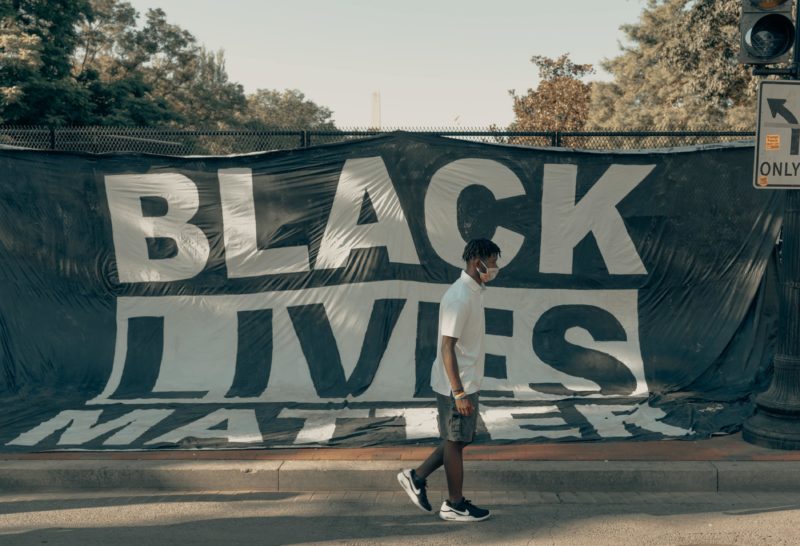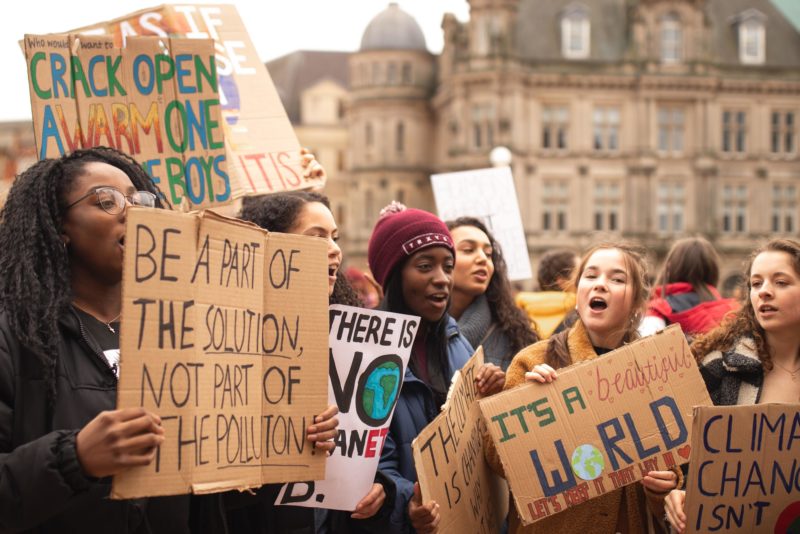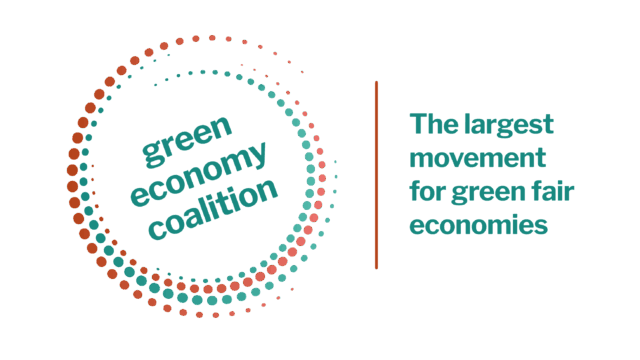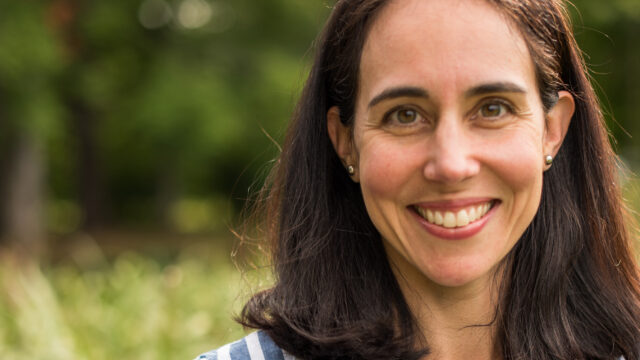Is the moment for a new social contract here?
Organisations around the world are calling for the creation of a new social contract. We look at what that means in principle and practice.

What do Black Lives Matter, Extinction Rebellion, the UN Secretary General, the Director General of International Trade Union Congress, and the World Economic Forum all have in common? Well, in light of the health, social and economic crises faced by countries around the world, they have all called for creation of a new ‘social contract’ between the people and those that purport to govern them.
This is a radical call. A ‘social contract’ can be hard to pin down, but in straightforward terms these disparate organisations are calling for a fundamental shift in our shared understanding of how countries should treat their citizens, and what people can legitimately expect from their governments.
Fair relations within society–racial justice, respect for human rights, decent work, gender equality and intergenerational justice, an accountable and transparent state and the reconfiguration of the human relationship with the natural world–are core to fairer and greener economies.
COVID-19 has unmasked inequality
Amid the stranglehold of COVID-19, the disproportionate impact of the pandemic on the most marginalised and vulnerable in society has been one of the stark realities that we have had to face. Social and material inequalities that pervade our societies have seen vulnerable groups hit hard by the pandemic. Rising unemployment, inequality and insecurity bear testimony to a social contract in tatters.
Livelihood sources have been decimated for the close to 2 billion informal workers who make up over 90% of the workforce in low-income countries, as economic activity stalled under partial and full lockdown measures. The global recession could force an additional 96 million people into extreme poverty in 2021, 47 million of whom are women and girls. And the ‘least protected, most affected’ refugee and migrant communities, who largely lack access to essential healthcare services, have been left more vulnerable. Systemic social and material inequality, that still pervades our societies, has seen vulnerable groups hit hard by the pandemic.
Calls for fixing our broken social contract are growing. Yet the idea of a social contract is contentious. It is simultaneously both quite abstract and intensely ‘realpolitik’. It is an open question whether it is even possible to reconfigure the largely unwritten patchwork of norms binding together citizens and governments within nation states at a global scale. Which countries might change? Would politicians release power? Could our globalised economy even allow a reconfiguration at scale? Maybe 2020–the crisis year–is the only external shock large enough to do it.
“ Fair relations within society–racial justice, respect for human rights, decent work, gender equality and intergenerational justice, an accountable and transparent state and the reconfiguration of the human relationship with the natural world–are core to fairer and greener economies.”

We believe more clarity is needed and there are three questions to explore further:
- What could a new social contract look like in practice?
- How might it be used?
- And, how could it be created?
What could a new social contract look like?
We would rightly be suspicious of a new social contract that can apparently bring together the activist movement of Black Lives Matters and the billionaires and multinationals in the orbit of the World Economic Forum (WEF). Are they talking about the same solutions, or just using the same language? Language, which for some sounds technical, western and anthropocentric–‘contract’, ‘social’–and divorced from real issues, solutions and power politics.
It can be hard to figure out what the social contract is in order to work out what it needs to be. Yes, norms and shared understandings. But which norms, which conventions and–importantly–in which places? Can we coherently talk about a global social contract without it fragmenting into the vagaries and contingencies of national politics and different ways of doing things?
Putting this to one side, there are still some important features to a 21st century social contract at any scale. As we have seen in the social movements of Youth Strike For Climate, Black Lives Matter and Me Too, a new social contract needs to attend to human and democratic rights, such as racial, intergenerational and gendered inequalities. But it should also consider the rights of the greater community of life. We would argue that a social contract needs to be extended to include the more-than-human world and should strive to structure a fair and just relationship, not only between humans, but between humans and the natural world. This was attempted over two decades ago in the development of the Earth Charter.
How could a new social contract be used? What is its value?
A revised social contract could be seen as part of a two-step process–a goal in and of itself–working in parallel and fundamental to transformative policy reforms and economic governance changes at the highest level. It could be the means by which people are brought into these technical conversations, and the assurance of the basis on which their interests will be considered.
Our thinking in this area is framed by the five principles that guides the development of inclusive, green economies–wellbeing, justice, planetary boundaries, efficiency/sufficiency, and good governance–a policy framework to structure new economic models and a civil society-led assessment of whether governments are on track to fair and green economies, represented by our Green Economy Tracker.
A new social contract could help define the goals and shape of the post-COVID global economy and provide legitimacy and accountability to the 21st century transition we’re now a part of. A tonic for declining public trust and political dissatisfaction, and a way for ordinary people to articulate what they want from their government.
How could a new social contract emerge?
For a social contract to be truly authentic and powerful, it should come from a wide, civil society-led process, not business, WEF, or just the UN or trade unions alone. It should come from people, and work through new deliberative processes such as citizens’ assemblies, Talanoa Dialogues and Just Transition summits.
Local priorities, visions and actions are being lost as communities and civil society are left out of the planning and decision-making processes shaping the stimulus and recovery packages. This requires nothing short of a societal alliance committed to and actively working for a fair and just world. There is a sense in which the Sustainable Development Goals (SDGs) articulate this new agenda, but this vision needs to be connected with social movements around the world. A new social contract–like Roosevelt’s ‘new deal’–is how we connect human rights, economic reform and deliberative democracy in a concept that could connect multiple stakeholders and address diverse agendas.
This is why we propose coming to a collective conclusion on a social contract that works for people and nature, and then to bring this to life in communities, countries and regions. Neither WEF, nor the UN working alone will be sufficient.
So, a new social contract – yes or no?
Chris Hopkins, Oliver Greenfield and Najma Mohamed, Green Economy Coalition
Photo credits:
Clay Banks on Unsplash
Callum Shaw on Unsplash


